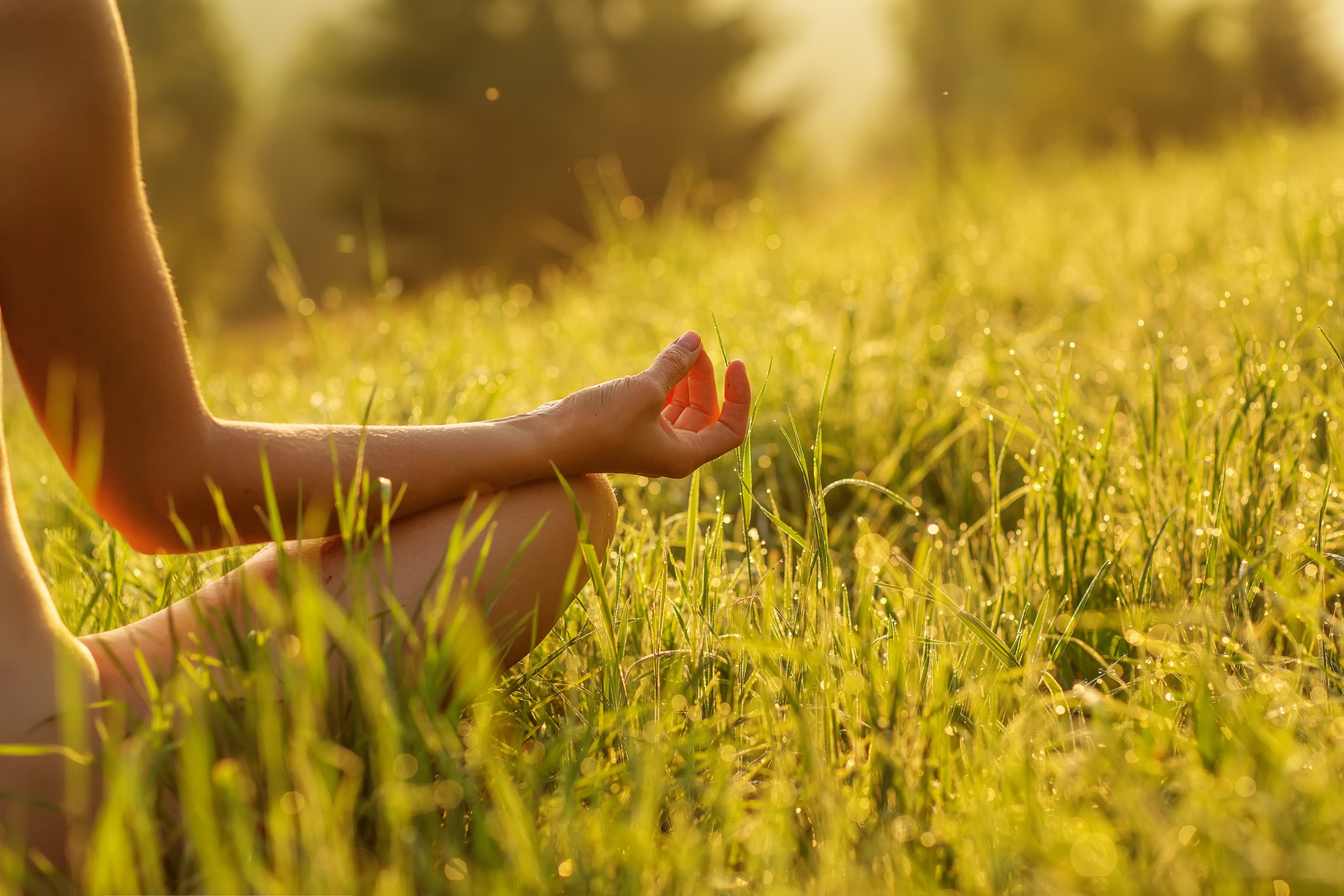BY THE OPTIMIST DAILY EDITORIAL TEAM
Have you ever tried to relax but then wound up feeling more stressed? You are not alone. This paradoxical phenomenon, commonly referred to as ‘stresslaxing,’ occurs when attempting to unwind creates anxiety. Understanding why this occurs and how to prevent it will assist you in achieving genuine relaxation without adding stress.
Expert insights
Dr. Michael Schirripa, a psychiatrist, podcast host, and author, defines stresslaxing as the act of forcing oneself to relax. “This term refers to the phenomena or experience of people who are in an anxious or stressed state trying to calm down and feel more relaxed by forcing themselves to take a break or unwind,” he says.
How does relaxation sometimes lead to more stress?
The brain’s natural resistance
The amygdala is responsible for keeping our brains attentive and aware of potential threats. “Our brains are always ‘on’ and are actually designed to be worried,” says Dr. Schirripa. This continual level of attention makes it tough to unwind and rest.
Cognitive control issues
People who suffer from anxiety frequently struggle with cognitive control, which means they find it difficult to put their problems aside. According to Dr. Deborah Serani, a psychologist and author, people who are prone to worry or overthinking may be more likely to ‘stresslax’. “People who live with anxiety, worry, and ruminations have difficulties with cognitive control,” she reveals.
External and internal pressures
Blurred boundaries
The modern world has blurred the distinction between work and leisure. “Long ago, the workday ended at 5 pm and weekends were for rest and relaxation. These predictable guidelines just don’t exist anymore,” says Dr. Serani. Technology and 24-hour connectivity contribute to this, making it difficult to find genuine downtime.
Internal dynamics
Many people have an internal drive to remain busy and productive. “People can feel obligated to meet the demands of outside influences, leading to a perception that they are not allowed to actually have any downtime,” according to Dr. Schirripa. Some people are concerned that slowing down would trigger negative thoughts or traumatic experiences.
Long-term effects of not relaxing
Chronic stress has major health consequences, including high blood pressure, heart problems, exhaustion, and depression. “Depression and anxiety can surge, as can social, relational, and interpersonal difficulties when you don’t stop and smell the roses,” Dr. Serani explains. Over time, the nervous system may become highly aroused, making it difficult to relax even when striving to.
Strategies to help you really relax
Recognize that relaxation is active
Dr. Natalie Christine Dattilo, a clinical psychologist, emphasizes that relaxing is a dynamic process. “Relaxation is not as passive an activity as people have been led to believe, and it doesn’t come naturally to some people,” she reports. True relaxation entails engaging in activities that trigger a relaxation reaction, which is the physiological opposite of the fight-or-flight response.
How to set relaxation in motion
1. Set boundaries
Set clear boundaries between work and home life. Consider turning off devices early every night. “Make self-care a priority and learn how to manage it every day,” says Dr. Serani.
2. Practice the Benson relaxation method
This method is sitting comfortably, closing your eyes, and deliberately relaxing all muscles from your feet to your head while breathing deeply for 20 minutes. “This will likely feel a little challenging or forced at first, so maybe start with 5 minutes and gradually work your way up,” recommends Dr. Dattilo.
3. Make a ‘Done’ list
Rather than focusing on your to-do list, consider what you’ve accomplished. “Highlighting your done list will aid in celebrating your finished chores and encourage relaxation,” advises Dr. Serani.
4. Practice 5-minute meditation
“Studies show that even five minutes of deep breathing, silence, and restfulness can enhance mental and physical functioning,” explains Dr. Serani. For longer sessions, consider using a guided meditation app.
5. Apply the ‘5,4,3,2,1 Technique’
Ground yourself by naming five things you can see, four you can touch, three you can hear, two you can smell, and one you can taste. This sensory exercise can help alleviate anxiety and facilitate relaxation.
Stress management can be difficult, but knowing why it occurs and implementing good relaxation practices can make a big impact. Setting boundaries, practicing relaxation techniques, and focusing on positive successes will help you reach true relaxation and improve your general well-being.












